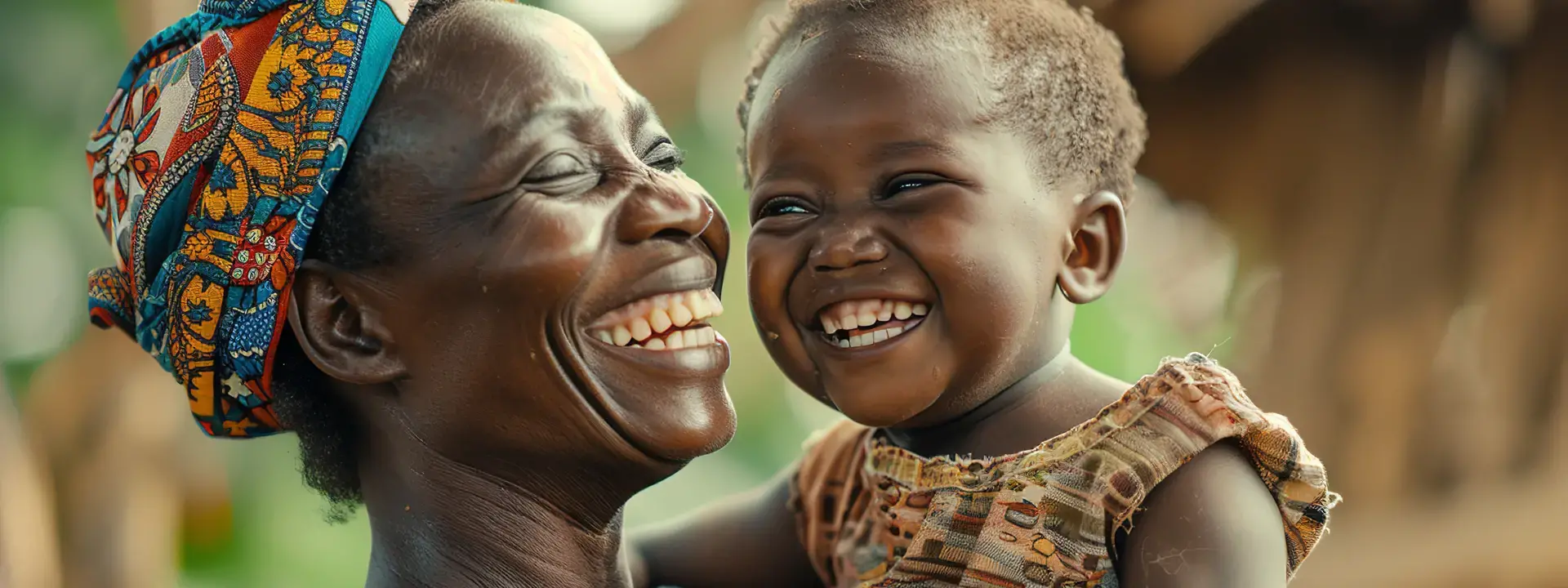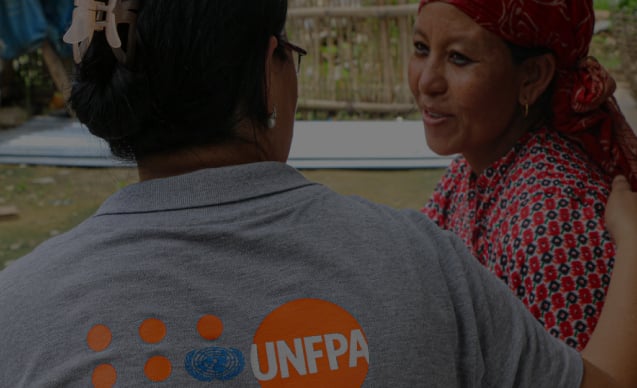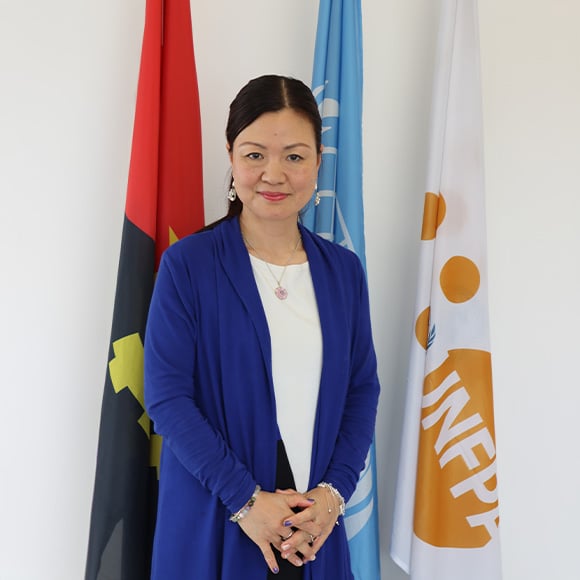About us
The United Nations Population Fund (UNFPA) is the UN international development agency that addresses issues of reproductive health and rights and guides its work through the Program of Action adopted at the International Conference on Population and Development (ICPD) in Cairo, Egypt, in 1994. During the ICPD, 179 UN member states recognized that gender equality and addressing needs in education and health, including reproductive health, are prerequisites for achieving long term sustainable development.
The UNPFA agenda in line with the Sustainable Development Agenda 2030 aims to achieve three strategic results: i) zero unmet needs for family planning; ii) zero maternal deaths and iii) zero violence and harmful practices against women and girls. The achievement and fulfillment of these rights is a fundamental requirement for UNFPA's mandate to be enhanced and inclusive and sustainable development achieved.

In this regard, UNFPA supports:
- Reproductive health care for women and young people in more than 150 countries - covering more than 80% of the world's population;
- The health of pregnant women, especially the 1 million who face complications and risk of life, each month;
- 20 million women per year may have access to sufficient modern contraceptives,
- Training of thousands of health professionals to help ensure that at least 90% of all births are supervised and/or cared by qualified professionals;
- Prevention of gender-based violence, affecting 1 in 3 women;
- Abandonment of female genital mutilation, which harms 3 million girls annually;
- Prevention of adolescent pregnancy, whose complications are the main cause of death of girls aged 15 to 19 years;
- Efforts to end child marriage, which can affect some 70 million girls in the next 5 years;
- Delivery of safe childbirth kits, dignity kits, and other life-saving materials to survivors of conflicts and natural disasters;
- Census, data collection, and analysis, essential tools for development planning.
UNFPA ANGOLA
The 2015-2019 Country Programme is part of the United Nations framework for development support, developed in partnership with the Government of Angola, with the dynamic participation of partners and civil society.
UNFPA in Angola aims to contribute to the development and implementation by governments of policies, strategies, and programmes that promote economic and social development of the beneficiary population.
The Country Programme contributes with interventions to reduce maternal deaths, increase access to health services, especially by young people and the most vulnerable, and lobby for increased state budget allocation for the social and economic sectors.
Below are UNFPA Angola strategic areas of programme intervention:





